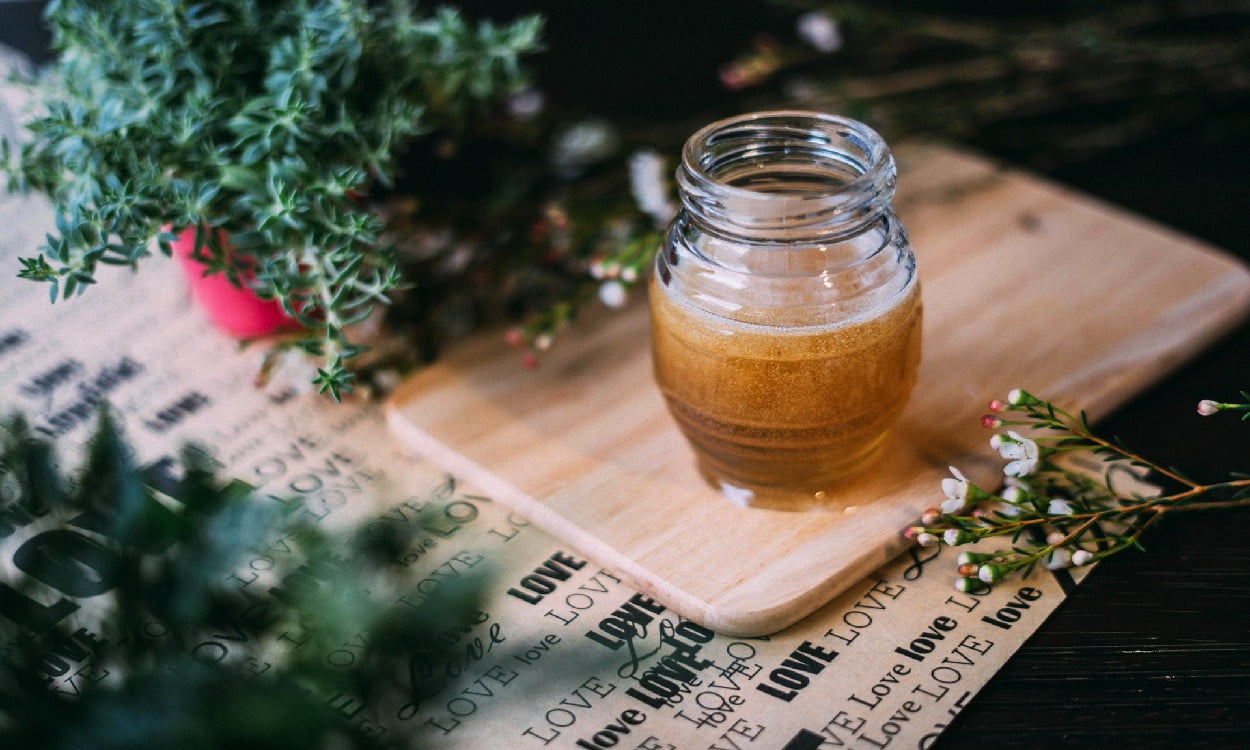
Manuka Honey and Wound Healing: Antibacterial Properties
Manuka honey is derived from New Zealand. Unlike other varieties of honeys, this type of honey has gained a good repute among health scholars due to its unparalleled health benefits. Among many other attributes, manuka honey is particularly liked due to its wound healing and antibacterial properties. This natural remedy has been in use for centuries while even modern scientific research is repeatedly verifying its validity.
Wound Healing with the Use of Manuka Honey
One of the most talked-about advantages concerning Manuka honey probably deals with wound healing capabilities. Manuka honey can be stated as a variant of honey produced through pollination done by bees in the surrounding of the Manuka bush-this kind of honey that acquires totally different characteristics and so serves quite adequately the application areas at wound healing areas.
Anti-inflammatory and Emollient Properties
The anti-inflammatory action of honey, as a constituent of manuka honey, lends the most important property of manuka honey as a wound healer. Manuka honey reduces inflammation and swelling, generally associated with injury upon its application to the wound. This may reduce the time for healing apart from reducing pain to the sufferer.
Apart from anti-inflammatory properties, manuka honey is an excellent moisturizer. The viscid nature covers the wound by creating a shield over it. In this way, all other foreign substances are avoided from entering in and it keeps the wound moist. For the growth of a new tissue, there should be a moist wound environment. These conditions favor the growth and therefore contribute to faster healing with minimum possibility of scarring.
Stimulating Tissue Regeneration
Manuka honey is a rich source of bioactive constituents, like methylglyoxal, which can be related to many key factors in the action on wound healing. Other key components in synergy, like hydrogen peroxide, flavonoids induce growth factors and cytokines, which express the necessity of tissue repair or regeneration.
Manuka honey, besides providing a moist environment, encourages neovascularization, which is the formation of new blood vessels in the wound. With increased blood flow, many nutrients and oxygen come to the site of the injured tissue, thus accelerating the healing process. This is one of many reasons why manuka honey is the best and most natural method of treatment for all types of wounds, from the tiniest cuts and burns to life-threatening ones.
Manuka Honey and Its Powerful Antibacterial Properties
Antibacterial property is one of the key reasons this honey has been cherished in both traditional and modern medicine. It has been shown to be one of the most effective tools in the prevention and treatment of infection, as it acts against a wide range of bacteria.
Unique Antibacterial Components
Unique factors in manuka honey are responsible for its antibacterial activity. MGO is the major compound found in high concentration in manuka honey which is claimed to be responsible for antibacterial activity. In fact, the way it acts on bacterial proteins and DNA causes damage to these cellular structures, resulting in an efficient killing of bacteria, hence replication.
Besides MGO, manuka honey contains hydrogen peroxide, being an enzymatic by-product of glucose oxidase. Hydrogen peroxide had traditionally been applied as an antiseptic thus contributing to its antibacterial effectiveness of manuka honey. Because of its low pH and due to its high sugar concentration-the conditions become still more unfavourable for bacterial growth.
Effective against Antibiotic Resistance Strains
One of the major benefits of manuka honey is that it exerts its efficiency against antibiotic-resistant bacteria such as Methicillin-resistant Staphylococcus aureus. Resistance to conventional antibiotics by emergently pathogenic organisms is increasing, and hence alternative treatments just like manuka honey will constitute greater importance.
Indeed, studies show that manuka honey can be inhibitive in the growth and development of strains resistant to all antibiotics and may even break bacterial biofilms-those protective films that form as a defence by bacteria against antibiotic attack. Truly, manuka honey is the most powerful weaponry against resistant forms of infection.
Conclusion
Of all the natural products that have antibacterial and wound-healing actions, manuka honey is undoubtedly at the forefront. It stimulates the resolution of inflammation, regenerates tissues, and eradicates many types of bacteria, including those resistant to antibiotics; thus, its usefulness extends to both traditional and modern medicines. From minor cuts and burns to serious wounds, manuka honey offers a different approach-one that is both effective and gentle in nature-to treatment and the prevention of infection.
These properties make our Canine Dental Spray the most natural and effective defence and support for your dog’s dental health.
